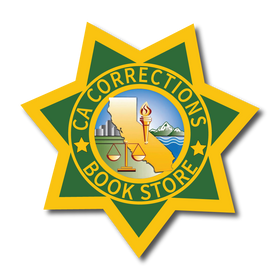Description
In Seward's Law, Peter Charles Hoffer argues that William H. Seward's legal practice in Auburn, New York, informed his theory of relational rights--a theory that demonstrated how the country could end slavery and establish a practical form of justice. This theory, Hoffer demonstrates, had ties to Seward's career as a country lawyer. Despite his rise to prominence, and indeed preeminence, as a US secretary of state, Seward's country-lawyer mentality endured throughout his life, as evinced in his personal attitudes and professional conduct.
Relational rights, identified and termed here for the first time by Hoffer, are communal and reciprocal, what everyone owed to every other member of their community. Such rights are at the center of a jurisprudential outlook that arises directly from living in a village. Though Seward was limited by the Victorian mores and the racialist presumptions of his day, the concept of relational rights that animated him was the natural antithesis to the theories and practices of slavery. In the legal regime underpinning the institution, masters owed nothing to their bondmen and women, while those enslaved unconditionally owed life and labor to their masters. The irrepressible conflict was, for Seward, jurisprudential as well as moral and political. Hoffer's leading assumption in Seward's Law is that a lifetime spent as a lawyer influences how a person responds to everyday challenges. Seward remained a country lawyer at heart, and that fact defined the course of his political career.Author: Peter Charles Hoffer
Publisher: Cornell University Press
Published: 01/15/2023
Pages: 210
Binding Type: Hardcover
Weight: 1.02lbs
Size: 9.00h x 6.00w x 0.63d
ISBN13: 9781501767333
ISBN10: 150176733X
BISAC Categories:
- History | United States | Civil War Period (1850-1877)
- Law | Legal History
- Social Science | Slavery
About the Author
Peter Charles Hoffer is Distinguished Research Professor of History at the University of Georgia. He is the author, coauthor, or editor of several works.

